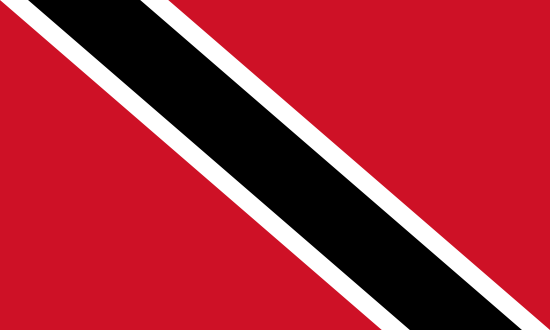
Health Insurance in Trinidad and Tobago, America
Information expatriation
Capital City: Port of Spain
Total area: 5,130 km2
Population: 1,333,000
Money: Currency Converter
Time Zone: List of time zones by country
Calling Code: +1 868 XXX
Practical Information:
Health Product: Travel Insurance and Health insurance
Health Insurance information and Sanitary Risk: World Health Map
BLOG: Expat Health insurance Information
Here is a brief description of the healthcare system in the country:
· The system provides universal healthcare coverage to citizens and residents through a public system as well as some private options.
· Public care is provided through multiple regional health authorities that operate hospitals, health centers, clinics and district medical facilities across both islands.
· The majority of funding comes from general tax revenues, with some private insurance and direct pay utilized as well.
· Primary care serves as the initial point of contact, usually through neighborhood clinics and health centers. Specialists require referrals.
· Larger public hospitals provide more complex care including diagnostic services, surgeries, maternity/pediatric wards etc.
· Quality varies between facilities, with urban centers generally better resourced than rural areas.
· Leading health issues include chronic non-communicable diseases, injuries, HIV/AIDS and some infectious diseases.
· Efforts aim to bolster primary care infrastructure, public health programs, healthcare worker training and health technology/supplies.
· While outcomes have improved, inequities persist and Trinidad and Tobago faces public health challenges common to developing nations.
Here are some key health considerations for expatriates living in the country:
· Purchase comprehensive international medical insurance, as public coverage may have restrictions for non-citizens. It should include medical evacuation.
· Keep vaccinations up to date, including hepatitis A/B, typhoid, influenza. Consider others such as yellow fever and meningococcal depending on travel history.
· Mosquito-borne illnesses like dengue fever and chikungunya are present. Use repellent, especially at dawn/dusk.
· Only drink bottled, boiled or treated water. Be cautious of raw or undercooked foods which can transmit parasites.
· Healthcare quality varies between regions. Seek major urban hospitals for serious issues.
· Bring extra supplies of any prescription medications plus copies of valid prescriptions.
· Heat, humidity and storms can impact health. Practice sun safety and be prepared.
· Road traffic accidents are a risk given left-hand driving. Follow safety laws carefully.
· Isolation in a foreign environment may impact mental wellbeing. Develop local social support systems.
· Consider health insurance for scuba diving or water activities due to remote locations.
· Seek support for any pre-existing medical conditions from local English-speaking doctors.
